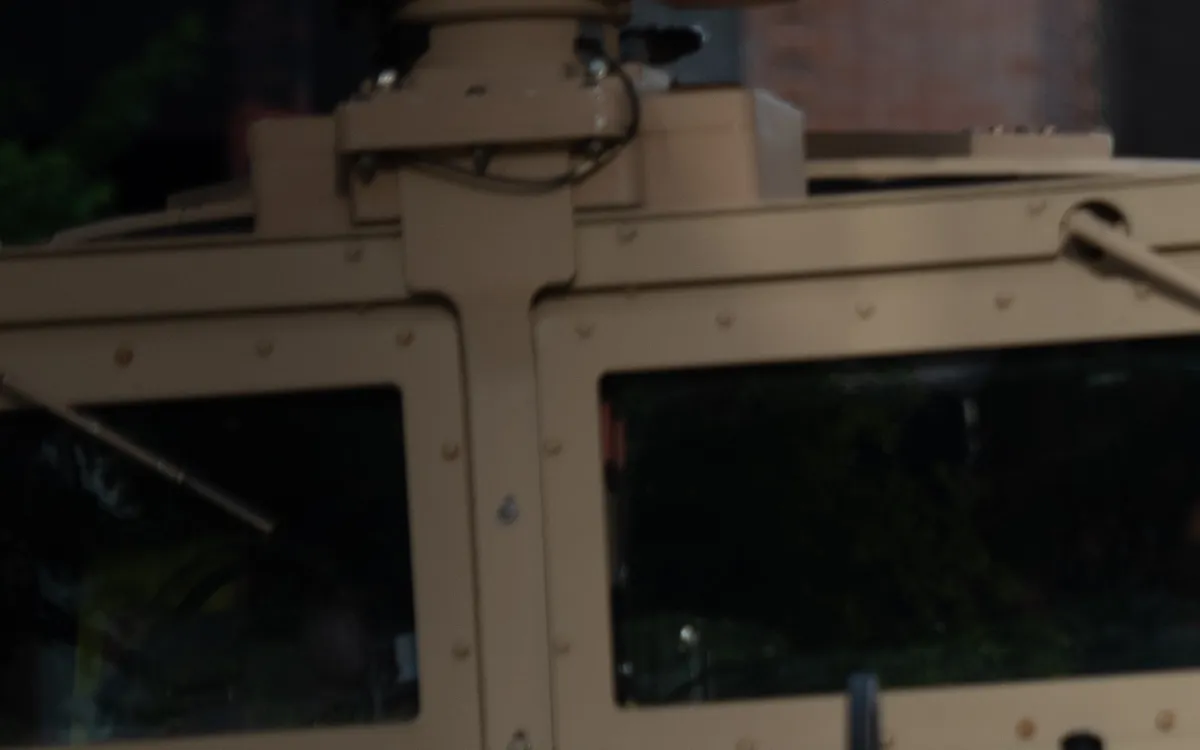
In Englewood, a neighborhood in Chicago, the proposal by President Donald Trump to deploy the National Guard to combat crime and homelessness has sparked significant debate among residents. Pamela Mondane, a local resident, has been at the forefront of discussions with her neighbors, many of whom express support for the deployment. After experiencing violent incidents, some residents feel that “something radical has to happen to get a radical change,” according to Mondane.
However, Mondane, who recently returned from a trip to Washington, D.C., has reservations about the plan. During her visit, she witnessed what she described as “troublesome” behavior from the National Guard, including the removal of homeless individuals' tents during encampment clearings. “I’m concerned about that because treating the most vulnerable people in our society like that is problematic to me. When you lead with fear, you get fearful results,” she stated.
Chicago's elected officials have voiced strong opposition to Trump's proposal, labeling it as unconstitutional and an abuse of federal power. Governor JB Pritzker has vowed to challenge the deployment in court, while Mayor Brandon Johnson points to a significant 30 percent drop in homicides and a nearly 40 percent decline in shooting victims this year as evidence of progress being made locally. Still, city leaders are preparing for a potential deployment of federal troops as early as next week, amidst concerns that it may not effectively address the root causes of crime.
The conversations among residents reveal a mix of fear, skepticism, and frustration regarding the National Guard's potential presence. Some Chicagoans argue that troops could provide a much-needed sense of order, while others fear that a military presence might escalate tensions and further stigmatize the city. A day of interviews conducted by Block Club Chicago in South and West side neighborhoods, as well as Downtown, highlighted these varied sentiments.
Amena Muhammad, a long-time South Side resident and leader of the 79th and Harvard Avenue Block Club, opposes the deployment, asserting that it is a misguided attempt to solve deeper issues. “Trump wants to paint the picture that all Democratic cities are out of control, and that’s just not true,” she said. Other residents believe that investing in community programs and local initiatives would be a more effective solution to gun violence than deploying the National Guard. “Sending the National Guard to the city will only put a Band-Aid on the problem instead of getting to the root of it,” Mondane added.
Concerns about the National Guard’s relationship with local communities were echoed by residents like Lawrence Calloway from the West Side. He argues that the National Guard lacks the community ties necessary to foster trust. “We complain about officers serving and protecting our community, but this is martial law,” he said. Calloway advocates for investing in schools and youth programs to address the underlying causes of crime instead of resorting to military presence.
Many residents, including Mary Reed and Theresa Bragg, express skepticism about the long-term effectiveness of deploying troops in their neighborhoods. They argue that while the National Guard may provide temporary relief, it does not address the systemic issues contributing to crime. “Once they’re gone, what is going to be done about crime? That’s a problem right there,” Reed noted.
In contrast, some Downtown residents, like Christina Lindsay, welcome the idea of a military presence as a deterrent to crime, particularly after experiencing a personal robbery. “I would welcome them, because the presence, I think, would be a deterrent,” she shared. This highlights the stark differences in perception of safety across various neighborhoods in Chicago.
The potential deployment of the National Guard could also disrupt ongoing recovery efforts in Downtown Chicago. The Chicago Loop Alliance has worked to improve the area’s image since the National Guard's previous deployment in 2020, which they now believe is unnecessary given the recent decline in crime. “A significant police or troop presence is not welcoming,” said Ariella Gibson, the alliance's communications director.
Aisha Oliver, founder of the Root2Fruit Youth Foundation, criticized the National Guard's involvement as “performative and ego-driven.” Her organization focuses on community-driven violence prevention strategies. Similarly, Jahmal Cole of My Block My Hood My City emphasized that real change will not come from military intervention but from investing in community-led solutions. “It’s going to come from within the community, and we have to invest in people, not just street patrol,” he remarked.
The ongoing debate surrounding the deployment of the National Guard to Chicago highlights the complexities of crime prevention and community safety. As residents express their varied opinions, it becomes clear that many believe in the importance of addressing the root causes of violence through meaningful community investment rather than through military presence.